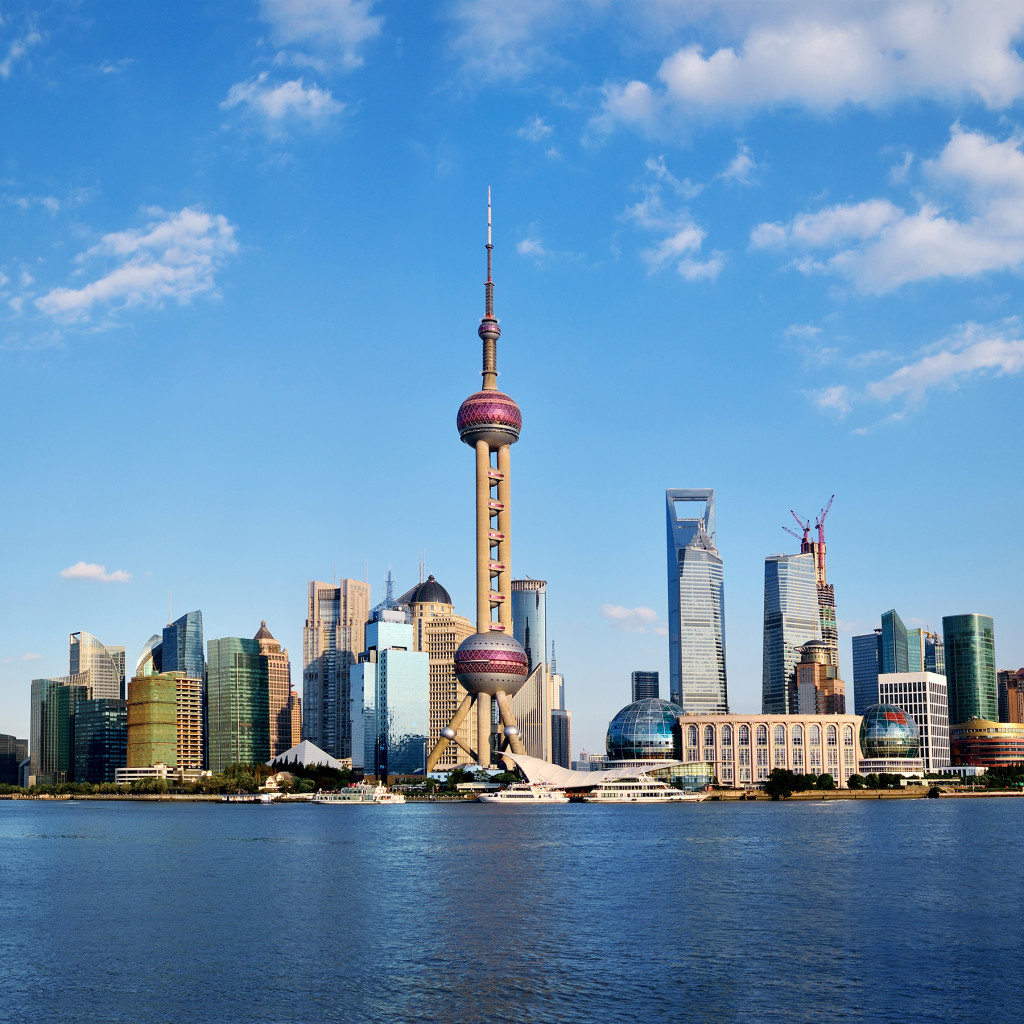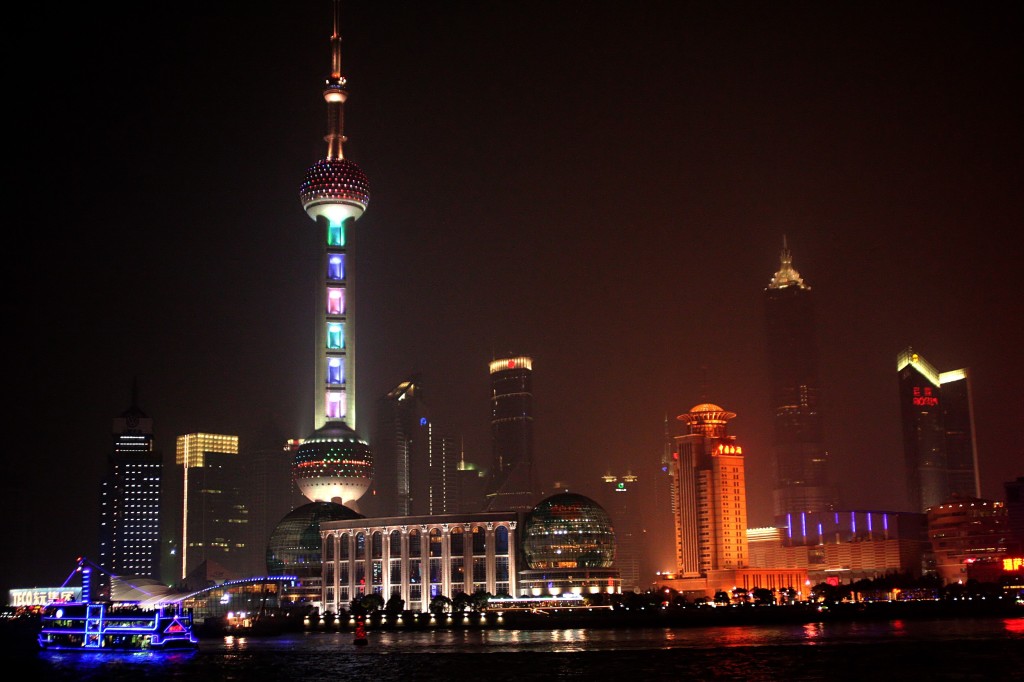 The China (Shanghai) Pilot Free Trade Zone was officially launched on 29th September, 2013. It seeks to ease the administrative burdens and legal restrictions that both foreign and Chinese investors are currently faced with, at least within its confines.
The China (Shanghai) Pilot Free Trade Zone was officially launched on 29th September, 2013. It seeks to ease the administrative burdens and legal restrictions that both foreign and Chinese investors are currently faced with, at least within its confines.
In this article, Richard Gu and Alex Roberts from Linklaters introduce the most recent batch of rules which look to reform the banking sector, both in terms of business within the Zone and across the rest of China.
A visit to the China (Shanghai) Pilot Free Trade Zone (Zone) might lead you to conclude that not much has changed within these former bonded zones, given the lack of sizeable construction activity. The statistics, however, would suggest otherwise. Within the first 100 days of its inception in late September 2013, the Zone saw more than 2,000 domestic and 100 foreign company registrations. In January, the gross value of imports and exports in the Zone totaled RMB 59.6 billion—an 18 per cent increase on the figure for the Zone’s first month of operation.
The true impact of the Zone may not be seen primarily in bricks and mortar, but in its potential to transform the way that business operates in various service sectors in China.
 Banking sector
Banking sector
The People’s Bank of China (PBoC) issued its guiding framework for the Zone on 2nd December, 2013, followed by a clarificatory notice on 20th February, 2014. This was followed by detailed rules issued by the State Administration of Foreign Exchange (SAFE) on 28thFebruary, 2014. The new rules introduce foreign exchange reform and conversion, interest rate liberalisation and provide a platform for the much-anticipated internationalisation of the renminbi (RMB). The changes are wide-ranging and have the potential to significantly benefit businesses and financial institutions within and outside of the Zone, some of which are highlighted below:
- Cross-border RMB transactions: The PBoC’s reforms allow residents of the Zone, including European and other foreign-invested enterprises (FIEs), to open new RMB and foreign currency free trade accounts (FTAs) with a Shanghai-based bank. Specifically in terms of RMB from outside Mainland China, the FIE may freely transfer funds from its FTA to bank accounts outside the Zone for current account business (经常项下业务), debt repayment (偿还贷款), business investment (实业投资) or other approved purposes (其他符合规定的跨境交易). Any such transfer will be treated as “cross-border RMB business” with the result being that the RMB deposited into the recipient bank account will no longer be treated as foreign currency and can be deployed as RMB.
- Cross-border foreign exchange transactions: The SAFE reforms increase the amount that a FIE in the Zone can lend in foreign currency to affiliates outside China from 30 per cent to up to 50 per cent of the value of the equity held by the lender in the borrower, and remove, in the Zone, most of the restrictive conditions which apply to entities in China seeking to provide security or guarantees to beneficiaries outside China.
- Securities and futures investments: FIEs and other enterprises in the Zone will be permitted to invest on the Shanghai securities and futures exchanges.
- Foreign individual investments within China: Qualified foreign individuals who are employed in the Zone and open special investment accounts with Zone financial institutions will be permitted to make investments in the Chinese securities markets.
- Raising loans outside China: FIEs and other entities established under the Zone rules may borrow offshore RMB up to a monetary cap equal to the product of its registered capital and a factor to be determined by the PBoC; a wholly-owned FIE, which was set up in the Zone before its launch has been granted the additional flexibility to make a one-time irrevocable election to borrow in accordance with either (a) these new arrangements, or (b) the difference between the entity’s total investment amount and registered capital. However, in either case, the offshore RMB may only be used in the Zone or outside China.
- Cash management: To encourage European companies and other multinationals to set up their global or Asia Pacific headquarters in the Zone, qualified Zone enterprises will be able to (a) establish a two-way RMB cash pooling arrangement for its parent company’s group, and (b) maintain accounts to centrally manage the foreign exchange income and expenditure of their Chinese and non-Chinese subsidiaries, including by converting the foreign currency funds to RMB, and aggregating the respective subsidiaries’ positive and negative net foreign currency balances for the purpose of current account payments.
- Domestic bonds: Overseas parents of Zone enterprises are to be permitted to issue RMB bonds in Mainland China as a means of raising funds. According to Credit Suisse, between 2007 and the end of last year approximately USD 48 billion of dim sum bonds[1] had been issued in Hong Kong. Shanghai hopes to take a slice of this market.
- Convertibility: European-invested and other enterprises in the Zone will, when the conditions are ‘mature’, be permitted to freely convert the foreign currency in its FTA. Without further implementation rules, it is not clear when conditions would be considered as ‘mature’ and whether a Zone enterprise would be given complete discretion in currency conversion without any quota or other restrictions. The SAFE reforms, however, go one step further towards convertibility by permitting FIEs in the Zone to convert their foreign currency capital into RMB on a discretionary basis, but controls on the use of the converted funds still apply.
- Benefits to financial institutions: The reforms within the Zone will also create certain benefits and opportunities for financial institutions that do not exist in the rest of China, such as a platform for entering into international derivatives transactions to hedge their risk exposure.
Although many of the rules for the Zone which have been released to date are still relatively high level and subject to further implementing guidelines, the majority of reforms have been published with the clear backing of the central governmental and political infrastructure. European and other overseas companies should be optimistic about the desire to remove regulatory red tape and facilitate a more market-orientated business environment within the Zone.
What is also particularly striking is the approach being taken by authorities of the Zone.
First, there is a certain amount of blue-sky thinking, with concepts such as the FTA or, as announced in February 2014, the Shanghai Judicial Bureau’s plan to permit Chinese and foreign law firms, such as Linklaters, to form alliances. This would, for the first time in China (outside Mainland China’s Closer Economic Partnership Arrangements with Hong Kong and Macau), permit foreign lawyers (together with their Chinese-qualified counterparts) to be mandated on Chinese law matters.
Second, the Zone authorities are markedly open to consultation with proactive foreign investors and representative bodies. The European Chamber, supported by local experts such as Linklaters, regularly attend meetings with central and Shanghai government officials and rule-makers to present the views of European companies, and lobby for reforms which will create a robust and transparent environment for investment and business operation. Given that the Zone is widely seen as a testing ground for wider economic reforms, such engagement is hoped to facilitate reforms that ultimately extend to the whole of the Chinese market.
Many European businesses already in, or looking into China, rightly have huge interest in the Zone because it continues to represent a significant milestone in the liberalisation of the Chinese economy. Further detailed rules clarifying the extent to which foreign investment will be allowed across all sectors and, importantly, the extent to which services may be provided from within the Zone to businesses and consumers outside the Zone are eagerly awaited over the coming weeks and months.
Richard Gu is a Senior Consultant and Alex Roberts is an Associate at Linklaters in Shanghai. Linklaters is a leading global law firm, supporting clients in achieving their strategies wherever they do business around the world. Our integrated China team is made up of over 230 lawyers, half of whom speak Chinese, working across three major business centres: Beijing, Shanghai and Hong Kong. Each of our lawyers has his or her own specialisation in M&A and strategic investment both in and out of China, competition and regulatory, private equity, banking and projects, capital markets and dispute resolution.



Recent Comments